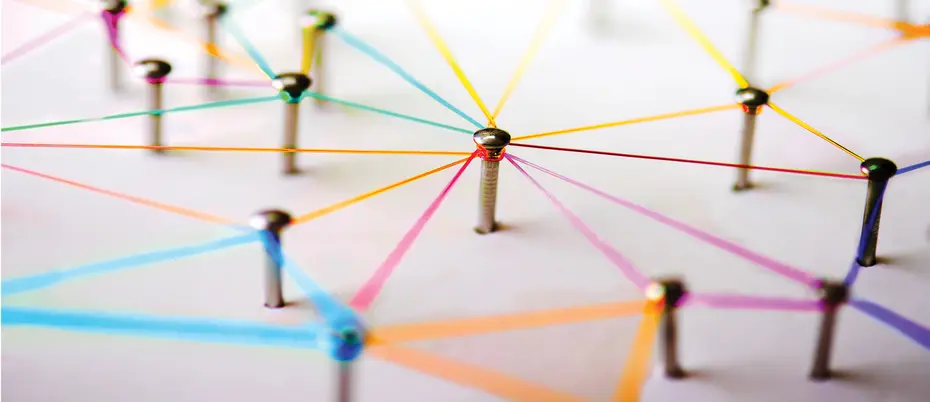Career
Study: ‘Weak ties’ make a difference in finding a job online
Research finds acquaintances can be more helpful in finding employment than close contacts, particularly for jobs in the digital realm.
For most of life’s important considerations, we rely on those who know us best. But when it comes to seeking employment, it may be better to look further afield.
New research from MIT Sloan professorand others shows the value of “weak ties” in job searches. The longstanding theory of “the strength of weak ties,” proposed by sociologist Mark Granovetter in 1973, suggests that acquaintances we know peripherally can have a more direct impact on us than closer friends.
The idea has gained prominence as one of the most influential social theories of the last century, yet confirmation of the effect remains elusive. The new research published in Science provides evidence demonstrating the value of weak ties in finding employment.
Aral wrote the paper with Karthik Rajkumar of LinkedIn; Guillaume Saint-Jacques, PhD ’18, formerly of LinkedIn; Harvard University professor Iavor Bojinov; and Stanford University professor Erik Brynjolfsson, PhD ’91.
The study looked at outcomes for 20 million people on LinkedIn over five years, during which 600,000 new jobs were created. The data suggested that weak ties were better for job mobility, on average, than strong ties.
10 is the “magic number”
Connections with 10 mutual friends were the most effective at helping LinkedIn users find and secure new jobs.
The study looked at LinkedIn’s “People You May Know” algorithm, which suggests new connections to users of the site. Over two waves of experimentation, some groups of users saw more suggestions for people with whom they had strong ties, while other groups saw more suggestions for people with whom they had only weak ties.
Aral and his co-authors measured the strength of ties along two dimensions: the number of mutual friends the two users had in common, and the number of interactions they had through LinkedIn’s messaging service.
The addition of weak ties to a user’s network led to both more job applications and greater job mobility than the addition of strong ties.
The researchers found that the strength of weak ties is not linear, Aral said, with moderately weak ties the best. Specifically, connections with 10 mutual friends were the most effective at helping LinkedIn users find and secure new jobs. More or less than this number — either stronger or weaker ties — reduced the probability.
Responding to the future labor market
Weak ties helped people the most in industries more conducive to digitization, while strong ties ultimately proved more helpful in nondigital industries.
“Weak ties are better in fields more suitable for machine learning, artificial intelligence, more software intensive, more suitable for remote work, and so on,” Aral told MIT News. “In analog industries, stronger ties can be more important.”
Related Articles
For individuals, the findings suggest the importance of actively managing social networks to be as broad as possible. Given the potential importance of weak ties in career advancement, promotions, and wages — at least in certain industries — the research indicates the value of branching beyond close-knit networks.
More broadly, the results raise important questions for policymakers as the economy becomes evermore digitized and as remote work becomes a standard practice. Algorithms like those crafted by LinkedIn are likely to become increasingly important labor market drivers, and, as such, understanding how they work and their outcomes will also become increasingly important.
The research also shows that social platforms are important beyond the spread of misinformation and affects on mental health.
“How are these platforms interacting with the global economy? This shows that one of the algorithms on LinkedIn, the largest professional network on the planet, can affect employment patterns,” Aral told MIT News. “We need to add that to the discussion about the impact of digital social networking on the world.”
Read the paper: A Causal Test of The Strength of Weak Ties




